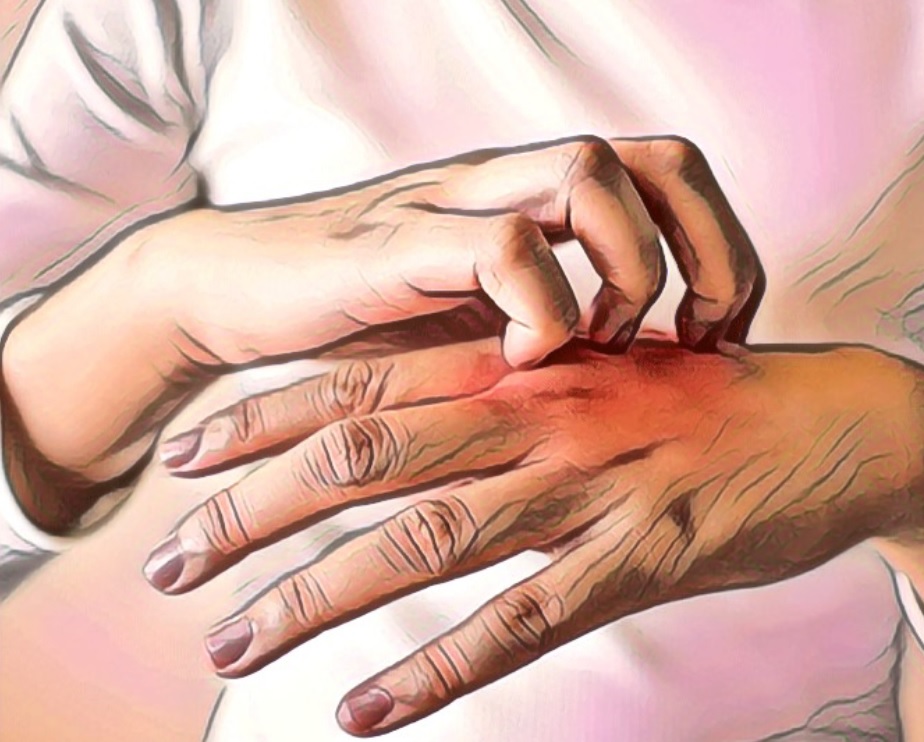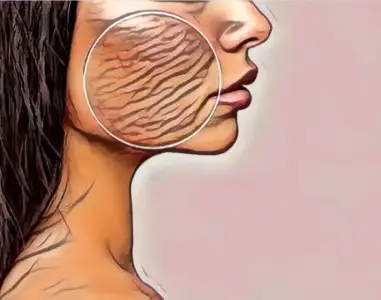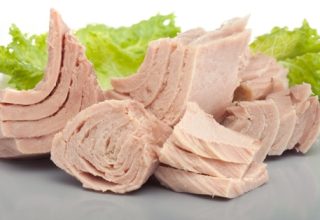Atopic Dermatitis Treatment in Different Seasons What You Need to Know About Eczema

Discover how changes in the weather can affect your atopic dermatitis throughout the year and learn how you can prevent flare-ups in any season. People with atopic dermatitis have a broken skin barrier, so environmental elements can affect the skin and trigger flare-ups. This includes very cold or sudden changes in temperature. Very cold weather and wind dries the skin.
Atopic Dermatitis Treatment
Very hot or humid weather causes sweating, which contains salts that can worsen atopic dermatitis. Different seasons and weather patterns are tolerated differently by different people, and it’s valuable to know which ones are tough for you. Read on to learn more about how each season can affect atopic dermatitis and get tips for managing it during these times.
Winter Atopic Dermatitis Tips
Winter is often the most difficult season for those with atopic dermatitis, and it depends on many factors. The low humidity in this season dries out skin that is essentially very dry due to moisture loss from the broken skin barrier. The wind also dries the skin. Also, there is a frequent transition between hot and cold environments: cold and wind from outside to centrally heated interior (which results in dry air in the building). Winter is also a severe season for humans whose atopic dermatitis is triggered by dust mites, and it is mostly found inland where people spend most of their time during this cold season. Wearing heavy clothing made of more irritating fabrics can also add to the winter’s atopic dermatitis director’s difficulties. Here are some tips to keep your skin under control during this period:
- Wear gloves outside. Gloves protect your skin from the drying effects of cold and wind. Use gloves made of soft covering material instead of itchy materials such as wool.
- Take short showers with lukewarm water. Avoid bathing and long hot showers. Hot water can dry out the skin and trigger symptoms of atopic dermatitis, especially when coming from a cold environment. Avoid rubbing your skin with a cloth. Apply moisturizer to damp skin after showering.
- Apply sunscreen. People usually do not think of using sunscreen in winter, but exposure to the sun can damage your skin no matter what season it is. Because chemical sunscreens can irritate the skin, people with atopic dermatitis should use mineral (or physical) sunscreen. The active ingredients commonly found in mineral sunscreen include zinc oxide and titanium dioxide in the middle, while those commonly found in chemical sunscreen include oxybenzone, avobenzone, octisalate, octocrylene, homosalate, and octinoxate.
- Avoid itchy clothing such as wool.If you’re wearing wool, wear cotton underneath to cover your skin.
- Keep your home at a comfortable and stable temperature.Keep the thermostats low to avoid sweating at night and wear thin pajamas for sleep.
- Avoid indoor allergens. Keep pets out of your bedroom and remove carpets if possible. Regularly sweep floors and wash bedding.
Summer Atopic Dermatitis Tips
While many people with atopic dermatitis suffer more in the winter, others have a harder time in the summer because of the moisture that causes sweating. Temperature itself can also be a trigger. Heat stimulates blood vessels to get larger (or dilate) in an effort to regulate body temperature. Enlarged blood vessels allow greater movement of inflammatory cells, which are the main drivers of atopic dermatitis. There are a few things you can do to prevent atopic dermatitis flare-ups during the summer:
- Keep your body temperature regular.Drink plenty of water, avoid non-air-conditioned places, and stay outside in the shade.
- Don’t spend too much time in the sun. Protect yourself with clothes and a hat. Use a mineral sunscreen.
- Wear loose-fitting clothing made of breathable fabrics.About absorbent shirts and cotton.
- Take a shower and change clothes as soon as possible after sweating.
- Take precautions when swimming. It is valuable for people with atopic dermatitis to be aware of how their skin is affected by pools and salt water. It is soothing for some, disturbing for others. There are measures you can take to prevent swimming flare-ups. Apply a thick layer of cream or light ointment about an hour before swimming. Drink water before and after swimming to regulate body temperature. Take a shower (with warm water) soon afterwards. Apply a generous amount of moisturizer within three minutes to balance the drying effects of swimming and showering.
Transition Seasons
Autumn and spring are considered transitional seasons, the weather can be a combination of the previous season and the upcoming season, sometimes just during the day. These sudden changes in temperature can worsen the skin of individuals with atopic dermatitis. Follow the tips in the previous sections for managing atopic dermatitis in hot and cold weather. These seasons are also troublesome due to the allergens around. If your atopic dermatitis is triggered by seasonal allergens or when the weather changes, it’s best to be prepared and have a plan as the seasons change. Avoid triggers as much as possible. Antihistamines can help with allergic symptoms such as allergic conjunctivitis, but do not address the underlying cause of atopic dermatitis.
- On-Site Comments

















Comment